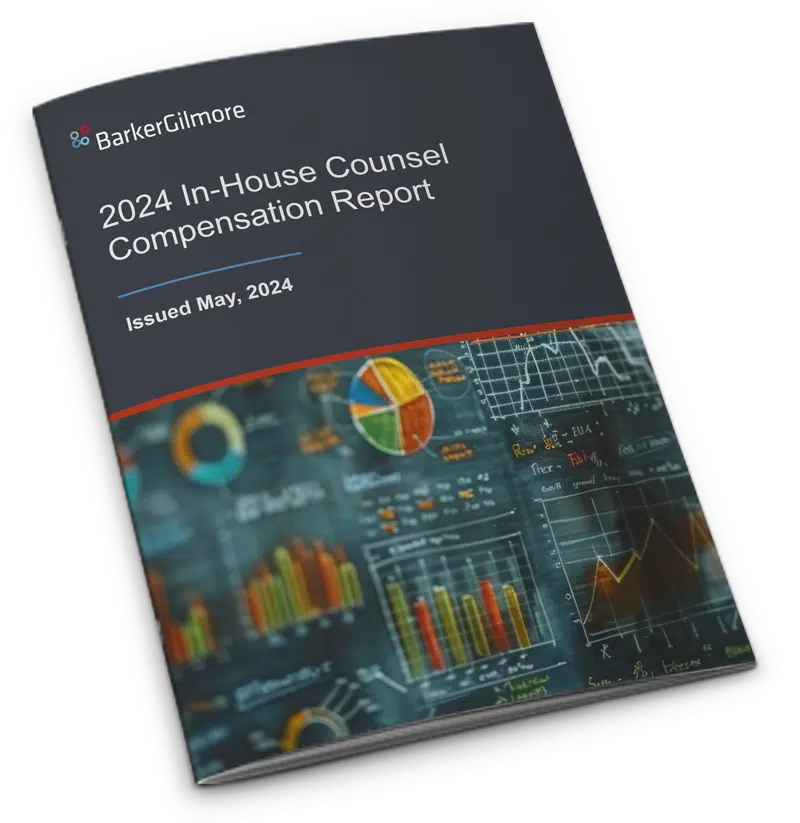Legal leaders in a corporate setting must have the courage to speak up and prevent stupid or potentially illegal things from happening.
Not only do they need to know the difference between pragmatism and inappropriateness; they also need to have the guts to call out and stop decisions that are legally inappropriate, and to then stand their ground. Ultimately, every lawyer who serves in a leadership position in a company has to be willing to resign from their position at any time if they are thwarted in doing the right thing.
It is, of course, the ultimate responsibility of the general counsel to ensure there is an atmosphere of openness and transparency, where people feel comfortable bringing things forward where there is any doubt.
But that must not detract from the basic capability that all legal leaders must possess: the courage to resist and speak out against illegal, inappropriate or unethical behaviour, even where that will require them to go against their friends and colleagues.
Manipulative Business Partners
Resisting a senior business partner requires a depth and strength of character that not every lawyer possesses. Commercial leaders who themselves lack the right moral fibre can nevertheless be incredibly good at manipulating the weakest lawyers.
Such people often have a predatory instinct and can smell weakness in the air; they got to where they are by being excellent students of human character and effective persuaders. They will rarely openly fight a lawyer to prevent a legally necessary initiative. But some may use every trick in the book to manipulate them into a deep somnambulant state of non-action.
Here are some examples of the kinds of arguments to be aware of – ones that commercial leaders might successfully seek to employ to stall efforts:
- The ‘yes but later’ argument: “We should do what you say, of course … but let’s do it next quarter, not now, because there are core commercial priorities that would get disrupted if we change things mid-stream.”
- The ‘yes but needs more clarity’ argument: “Yes, absolutely … but first, we need to obtain more information because the proposal is half-baked. More specifically, we need answers to the following 100 questions that I’ve asked you (and when you’re done answering those, we have another 100, and then another 100, etc.).”
- The ‘you don’t understand how the business works’ argument: “This is over-broad and doesn’t reflect how we conduct business. It frankly displays some ignorance on your part. So before you roll this out, you need to go back to the drawing board and reconfigure it and propose it again.” (Read: water it down to the point where it is rendered useless).
- The ‘passive-aggressive’ approach: “OK, I have my doubts and this will be hard, but if we need to, let’s do it” (said by the senior leader with body language that says this is not a priority and he remains deeply sceptical). Nothing actually happens. Some time later, another meeting is held, basically with the same result. Then nothing happens again. Repeat ad infinitum.
Lawyers in far-flung offices, who are thousands of miles from the general counsel, will be most vulnerable to these arguments. Their business partners are just down the hall and have an outsized influence on their behaviour.
We need to have a structure that ensures high standards at all times, because we are only as strong as our weakest link. This structure can be created, for instance, by ensuring that there is a direct reporting relationship up through the function for all lawyers, into the GC.
But that still leaves the need to ensure that we as general counsel have selected only those lawyers to serve on our teams who have the guts to stand up to the occasional bully, and the intelligence and flexibility to counteract any cunning, stealthy obfuscation and delaying tactics.
The above has been reproduced with the kind permission of Globe Law and Business from Bjarne’s upcoming book, “Building an Outstanding Legal Team: Battle-Tested Strategies from a General Counsel”, out in bookstores in April 2017 (see: http://www.globelawandbusiness.com/OLT/ for more information).
Connect with a legal recruiting advisor
* indicates required fields






